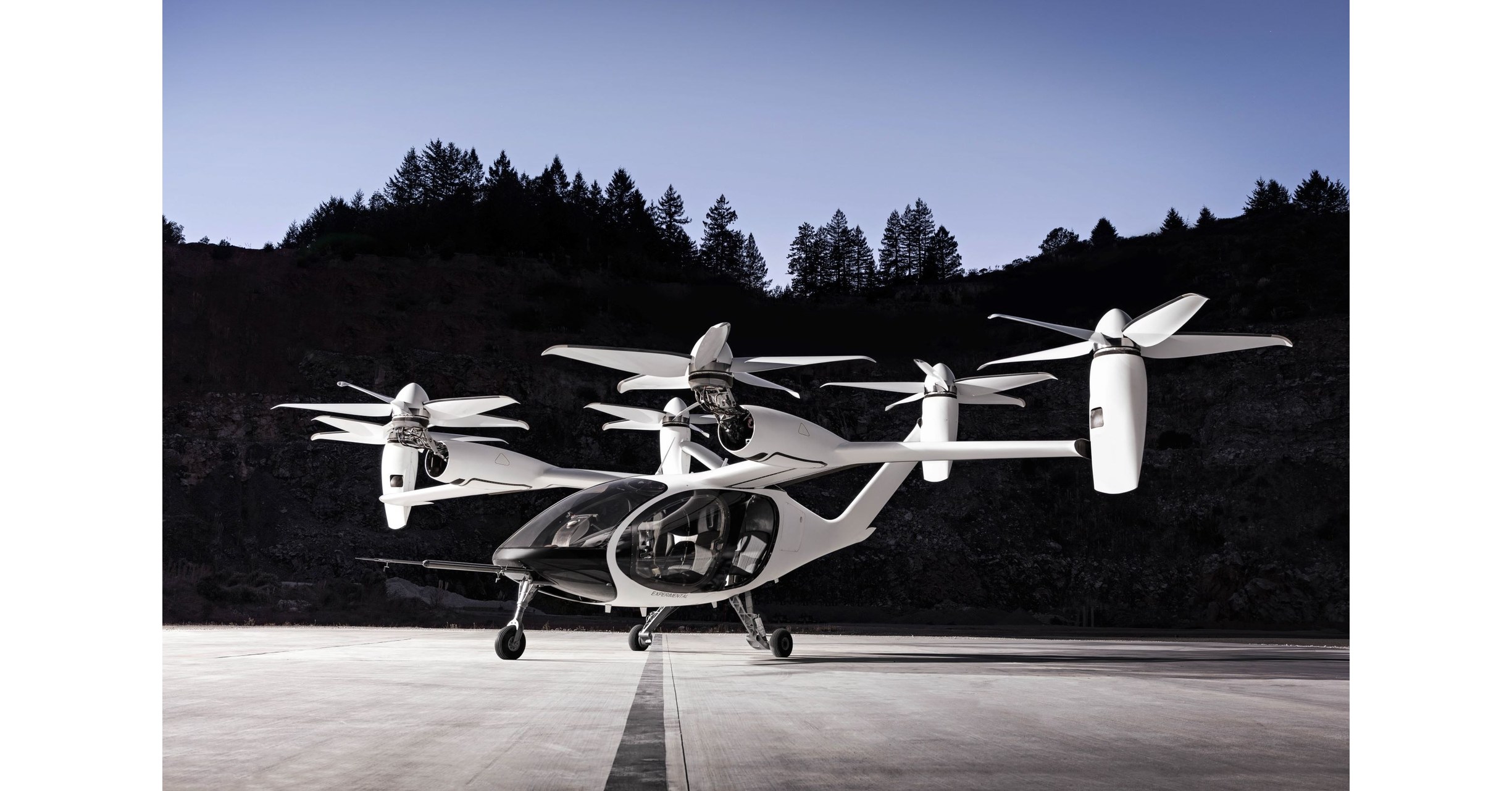CRSKTN
Expert
- Messages
- 1,952
- Reactions
- 3,196
Toyota invests $349 million in flying taxi startup Joby Aviation

 www.prnewswire.com
www.prnewswire.com
Toyota is exploring a new flight path for mobility through a new collaboration with Joby Aviation (Joby), an aerospace company that is developing and commercializing all-electric vertical take-off and landing (eVTOL) aircraft to enable the deployment of fast, quiet and affordable air transportation services. The collaboration reflects Toyota's recognition of the long-term potential of the urban air mobility market to meet the evolving needs of society, as well as Joby's position as an industry leader in working to deliver safe and affordable air travel to everyone.
"Air transportation has been a long-term goal for Toyota, and while we continue our work in the automobile business, this agreement sets our sights to the sky," said Toyota Motor Corporation President and CEO Akio Toyoda. "As we take up the challenge of air transportation together with Joby, an innovator in the emerging eVTOL space, we tap the potential to revolutionize future transportation and life. Through this new and exciting endeavor, we hope to deliver freedom of movement and enjoyment to customers everywhere, on land, and now, in the sky."
Automotive Meets Aviation
Toyota is embracing emerging technologies as it transforms into a mobility company that is better equipped to meet the unique mobility needs of individuals everywhere. The new collaboration with Joby Aviation is anticipated to help bring urban on-demand air transportation into the mainstream and initiate a new category of moving people and goods.
It is anticipated that eVTOLs will help to create new mobility services with the potential to help alleviate persistent mobility challenges. Those challenges include traffic congestion in urban areas, increased environmental burden and the lack of transportation in underpopulated areas, among others.
Joby is a leader in the development of eVTOL aircraft which combine elements of helicopters and small airplanes, offering benefits that include high reliability, zero emissions, fast flight speeds and quiet operations. The aircraft also offers lower operating costs, lower costs of maintenance, and enhanced safety features.

Toyota and Joby Aviation are Flying to New Heights Together
/PRNewswire/ -- Toyota is exploring a new flight path for mobility through a new collaboration with Joby Aviation (Joby), an aerospace company that is...
